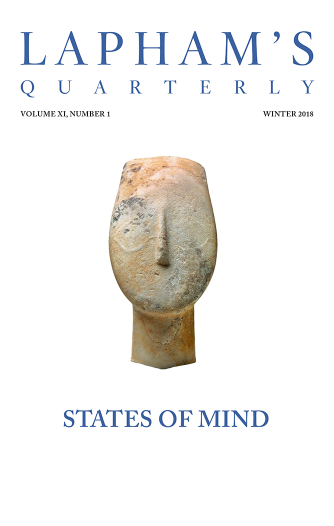Chen Xiang said, “If Master Xu’s doctrines were followed, then there would not be two prices in the market, nor any deceit in the kingdom. If a small boy were sent to the market, no one would impose on him. Linen and silk of the same length would be of the same price. So it would be with bundles of hemp and silk of the same weight, grain of the same quantity, and shoes of the same size.”
Mencius replied, “It is the nature of things to be of unequal quality. Some are twice, some five times, some ten times, some a hundred times, some a thousand times, some ten thousand times as valuable as others. If you reduce them all to the same standard, that must throw the empire into confusion. If large shoes and small shoes were of the same price, who would make them? For people to follow the doctrines of Master Xu would be for them to lead one another on to practice deceit. How can they avail for the government of a state?”
From the Mencius. Born around 370 bc, the “second sage” of Confucianism believed people were endowed with an innate goodness that was an individual’s duty to express. The Mencius was compiled by disciples and is the longest of the Four Books of the Confucian canon. According to the philosopher, rulers are obligated to provide for the welfare of the common people. “Persons who have developed their hearts and minds to the utmost,” he said, “know their nature. Knowing their nature, they know heaven.”
Back to Issue

